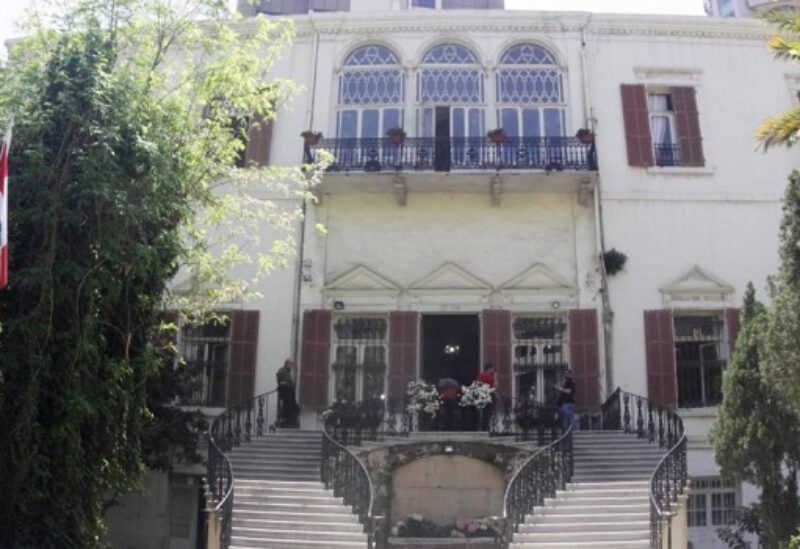
Lebanese Ministry of Foreign Affairs
The supportive and oppositional reactions continued as soon as the Lebanese Ministry of Foreign Affairs issued its statement about Russia’s direct condemnation of what it described as the Russian invasion of Ukrainian lands, as if Lebanon needed nothing more than a new division added to its internal and external divisions, this time through the position of the Ministry of Foreign Affairs.
Regarding the Russian-Ukrainian war, it is noteworthy that some of the parties who encouraged or were perhaps behind the issuance of this statement renounced it following the Russian position issued by its embassy in Beirut, which considered the Lebanese position to be in contradiction to Lebanon’s policy of disassociation.
The Russian embassy statement was not satisfied with that, but went so far as to remind Lebanon that it had spared no effort in contributing to its advancement and stability, given that the Foreign Ministry statement does not take into account Beirut’s historical friendly bilateral relations with Moscow.
Political sources, expert in international relations, confirm to Sawt Beirut International that the Lebanese Foreign Ministry’s statement came in haste, and considers that in such developments related to Lebanon’s international relations, all steps that can be taken to know their repercussions on the Lebanese interior must be studied.
The Council of Ministers should take a unified position on this file, and not ignore this important development, as happened in the last session, because positions of this importance cannot be confined to the Ministry of Foreign Affairs by itself in light of the conflict taking place in the country.
The sources stress the importance of Lebanon’s distinguished historical relations with Russia, which has a key role in the region and the impact of this role on the Lebanese interior. Therefore, the statement led to direct Russian annoyance, which may affect bilateral relations in the future. In parallel, the sources also draw attention to similar and great relations with Ukraine through the presence of a large Lebanese community there and students who studied there, in addition to the great commercial relations we have with it.
The sources indicated that due to the international preoccupation with the Russian-Ukrainian war, this would have a negative impact on Lebanon, especially on the part of European countries, particularly France, which is usually interested in our internal situations. This depends on its relationship with Western countries and even its presence in Syria, as well as the possibility of a rise in tension between Russia and Israel, because it is known that the latter has good and distinguished relations with Ukraine, hence all these developments could affect Lebanon.
Regarding the economic and commercial repercussions on Lebanon and the region, the sources consider that in wars, there is usually no winner, as the damage will affect all countries of the world without exception, through high oil prices, which will increase the cost to global economies as well as to an inflation in economic growth.
Concerning the impact of the crisis on Arab countries that do not produce oil, Lebanon will face a severe shortage of grain, particularly wheat and corn, as well as a noticeable increase in the price of fuel, exacerbating already difficult economic and social conditions, particularly in light of Lebanon’s sensitive living crisis, which once again proves its failure to develop good management and future assessments of the situation, although the entire international community was expecting the outbreak of this war. However, as usual. Lebanon did not study any alternative plans, especially in the matter of importing wheat and basic materials that are largely imported from Ukraine and Russia, and this will naturally lead to a further increase in prices.
The sources conclude by urging people to wait for the result of the conflict, predicting that Russian President Vladimir Putin would not give up easily, despite the fact that he has the necessary authority.